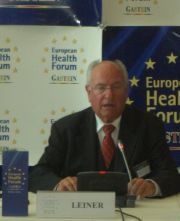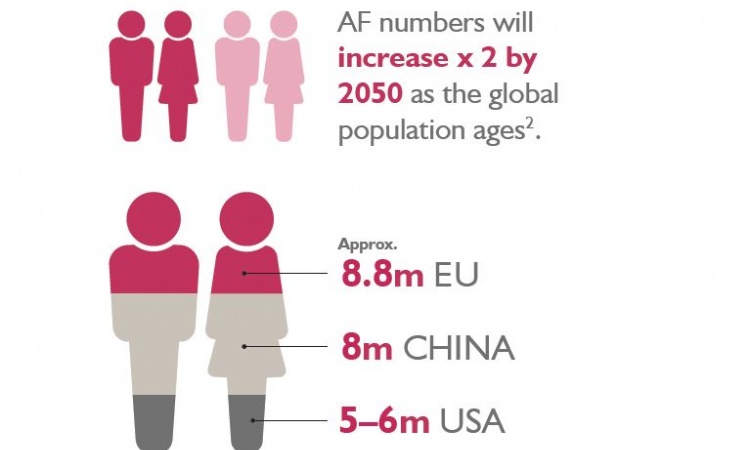Focus on financial and economic crisis
The 12th European Health Forum Gastein (EHFG), taking place from 30 September to 3 October 2009 in the beautiful surrounding of the Austrian Alps in Bad Gastein, welcomes around 600 participants from 41 countries to discuss the most pressing health topics with special regard to the current financial and economic crises.

EHFG President Günter Leiner warned during the opening press conference: „The economic crisis also posses a serious danger to the quality and functional capacity of the European public health system.“ Furthermore, he demanded that the standards of healthcare achieved not be eradicated despite the financial problems with government budgets and the declining revenues of statutory health insurers due to the considerably higher degree of unemployment.
Nata Menabde, WHO Deputy Regional Director Europe, gave examples of the effects the crises might have in the near future: definitely the number of poor people across the European Region will increase, currently the WHO identifies 16 percent of the Europeans that can be called poor. A lower income and decreasing wealth moreover have strong effects on the lifestyle of people, e.g. nutritional changes, an increased alcohol consumption and less physical activities. Another important factor is the psychological one: Unemployment leads to a rising number of depression and mental stress. Menabde quoted a rule saying that an increase of unemployment of one percent means an increase of suicide of one percent. Last but not least worse financial situations lead to less expenditures for pharmaceuticals which especially affect the chronically ill.
Menabde summarized that the economic crises results in a worse health situation of people in general and therefore much more costs will arise that have to be covered by the healthcare systems.
This exactly is the reason why Robert Madelin, EU-General Secretary for Health, warned European countries not to cut healthcare spendings. He quoted the example of countries like Mexico that cut expenditures significantly during the crises in the 1990 - with devastating results that still affect the system today. At the same time Madelin take employers into responsibility to also invest in the health of their employes and promote a healty lifestyle.
30.09.2009





